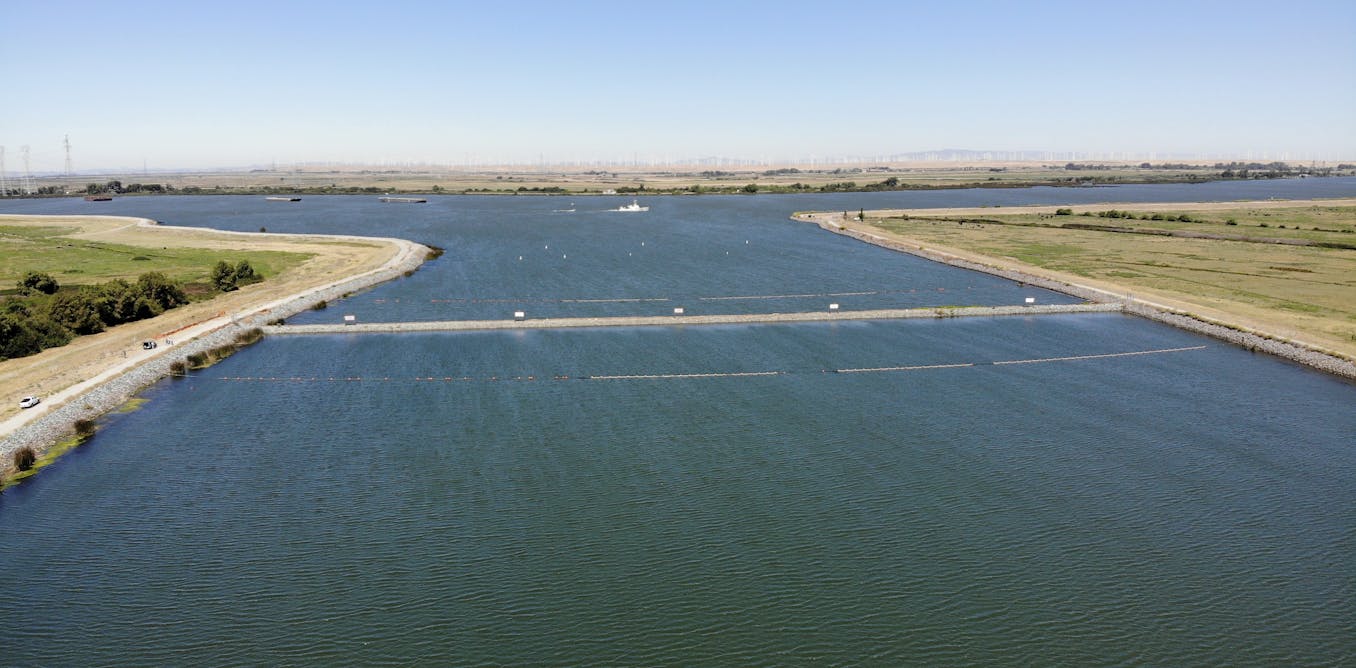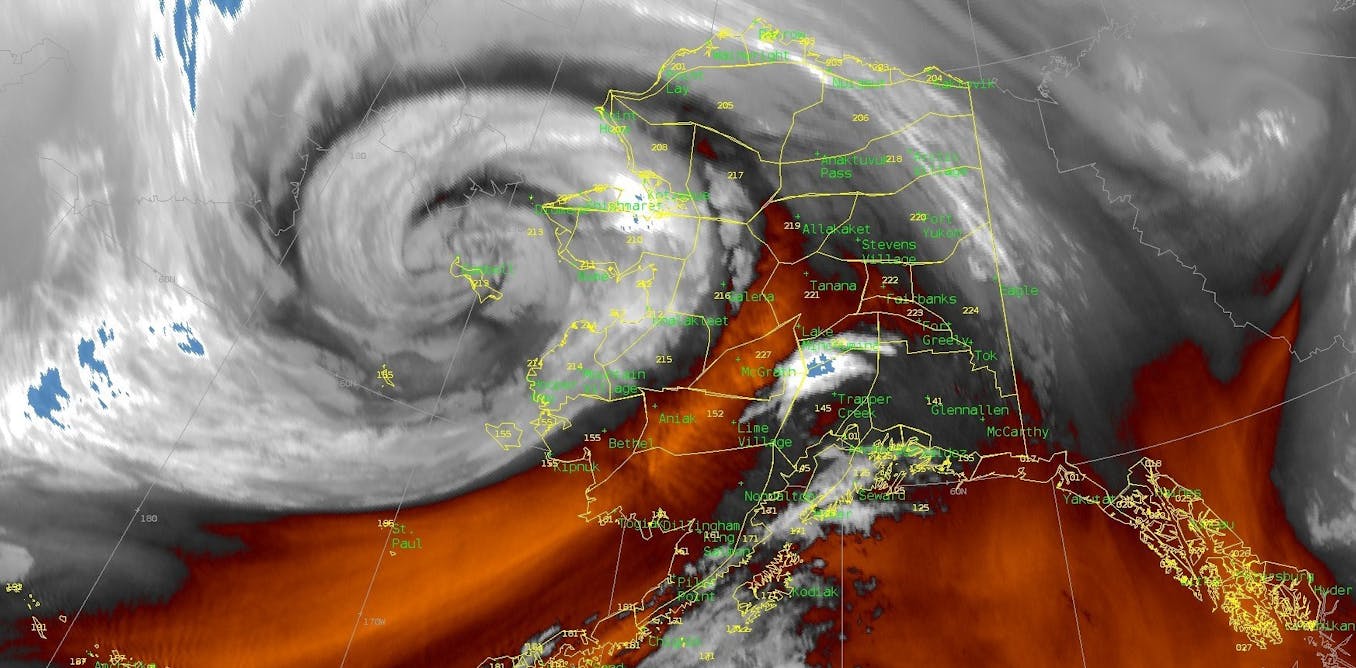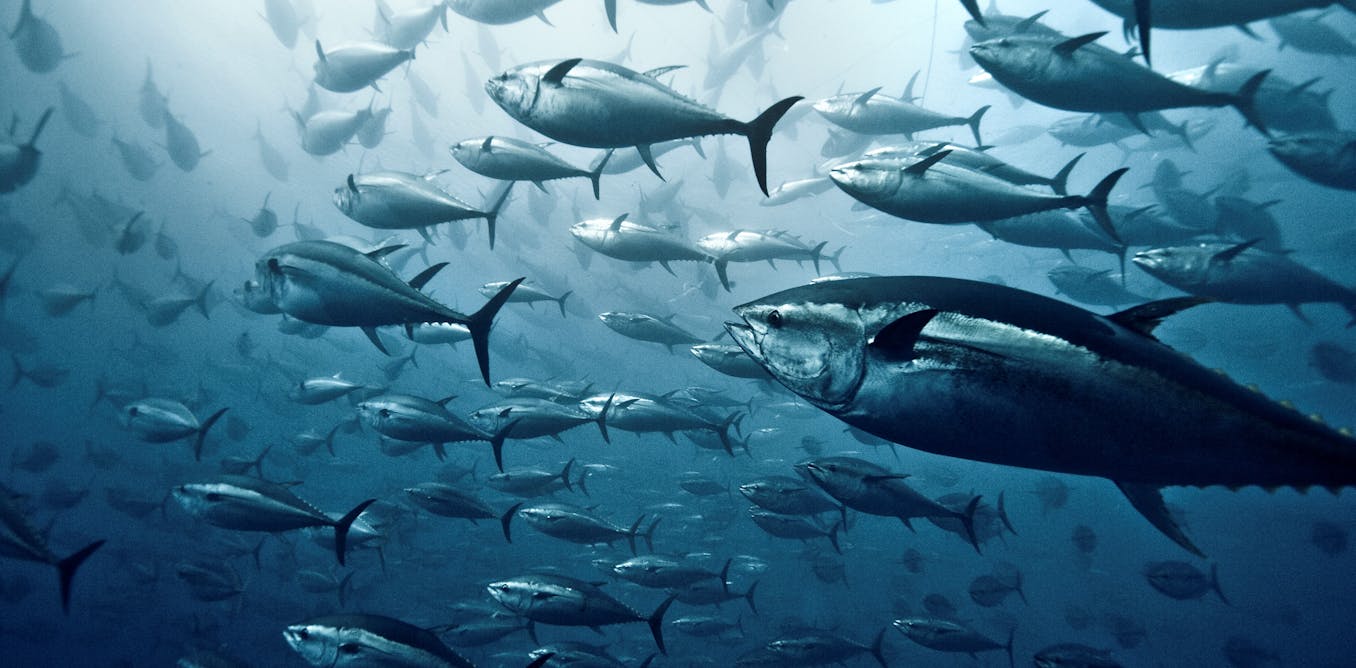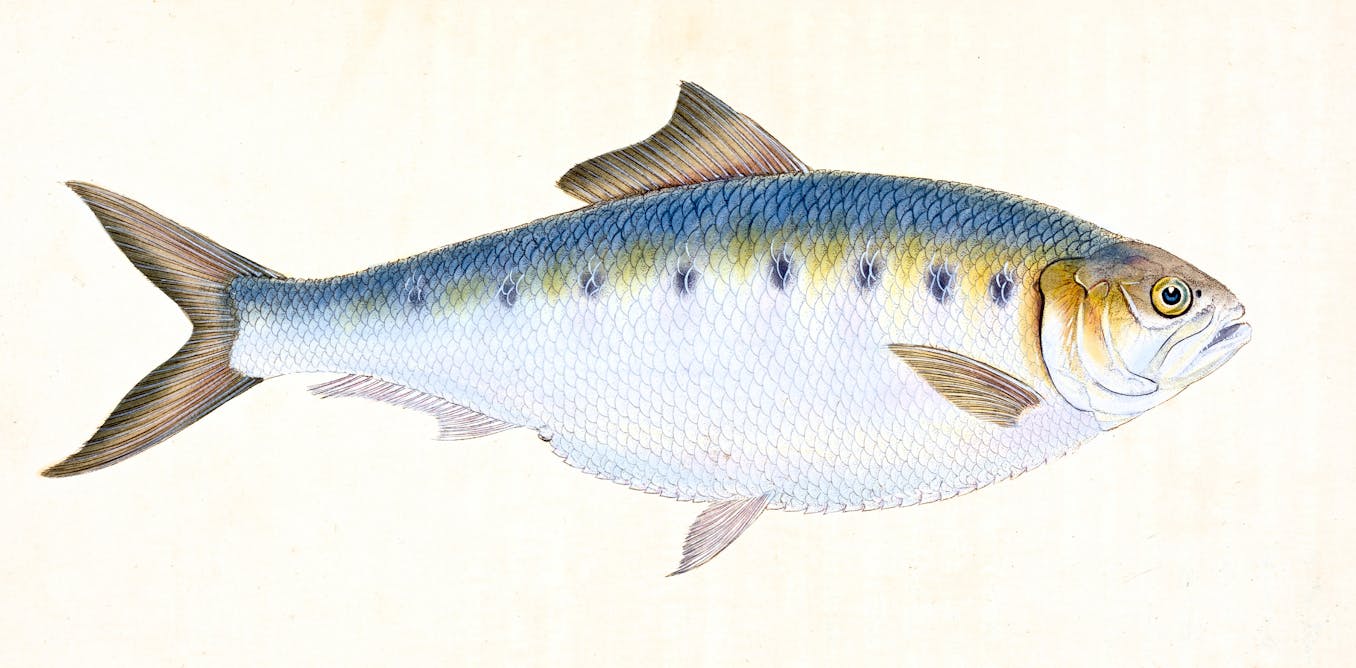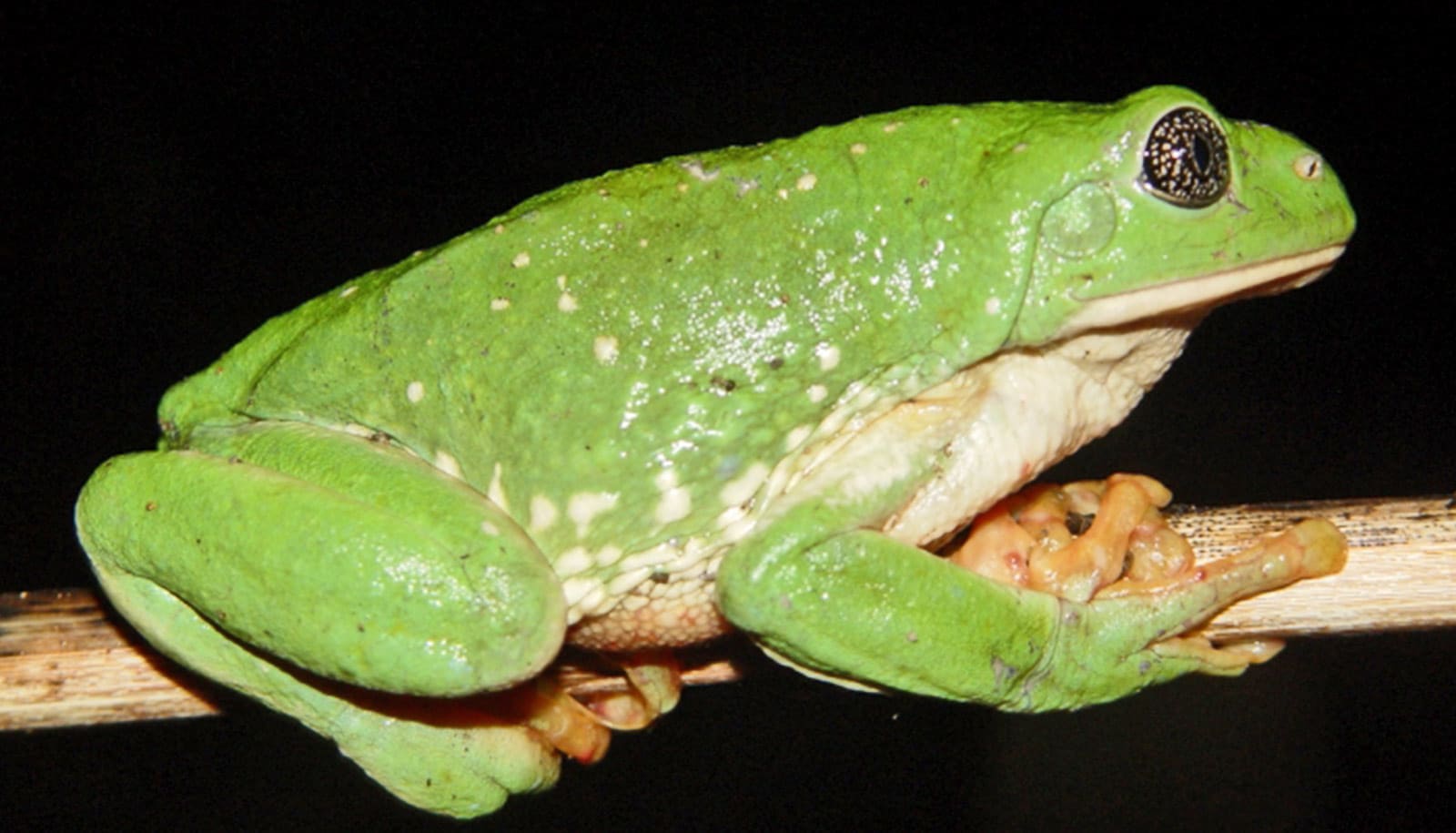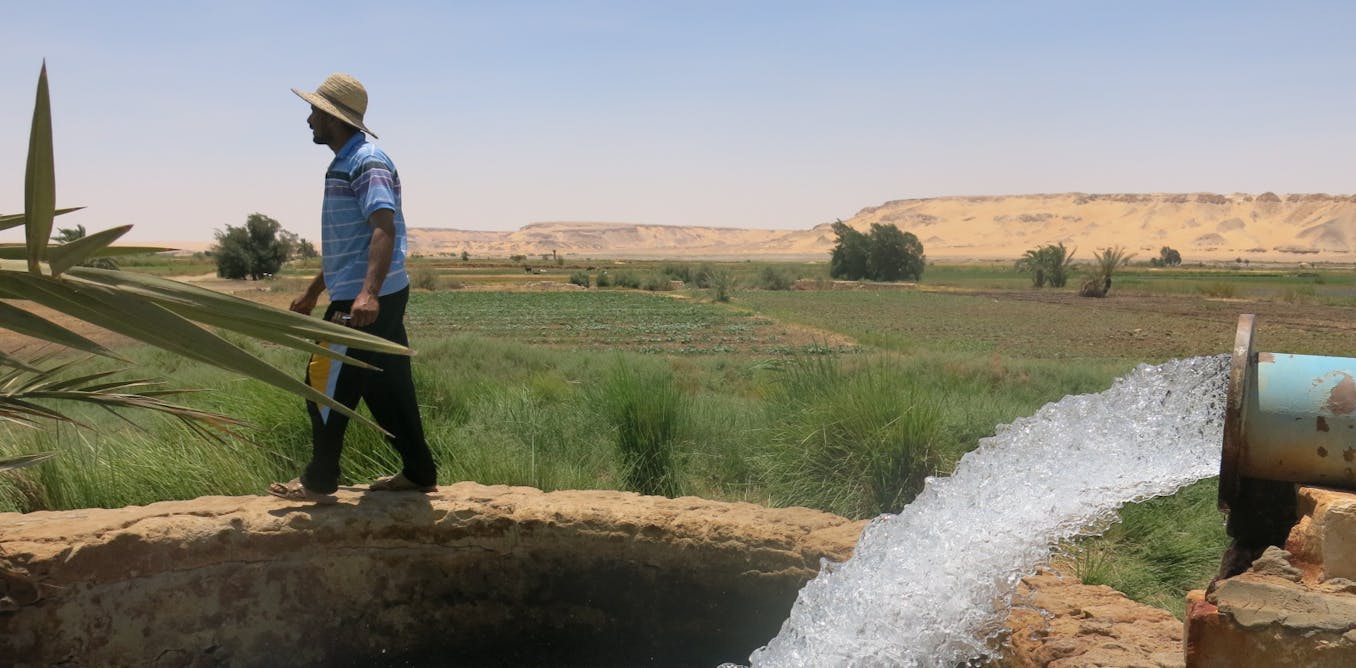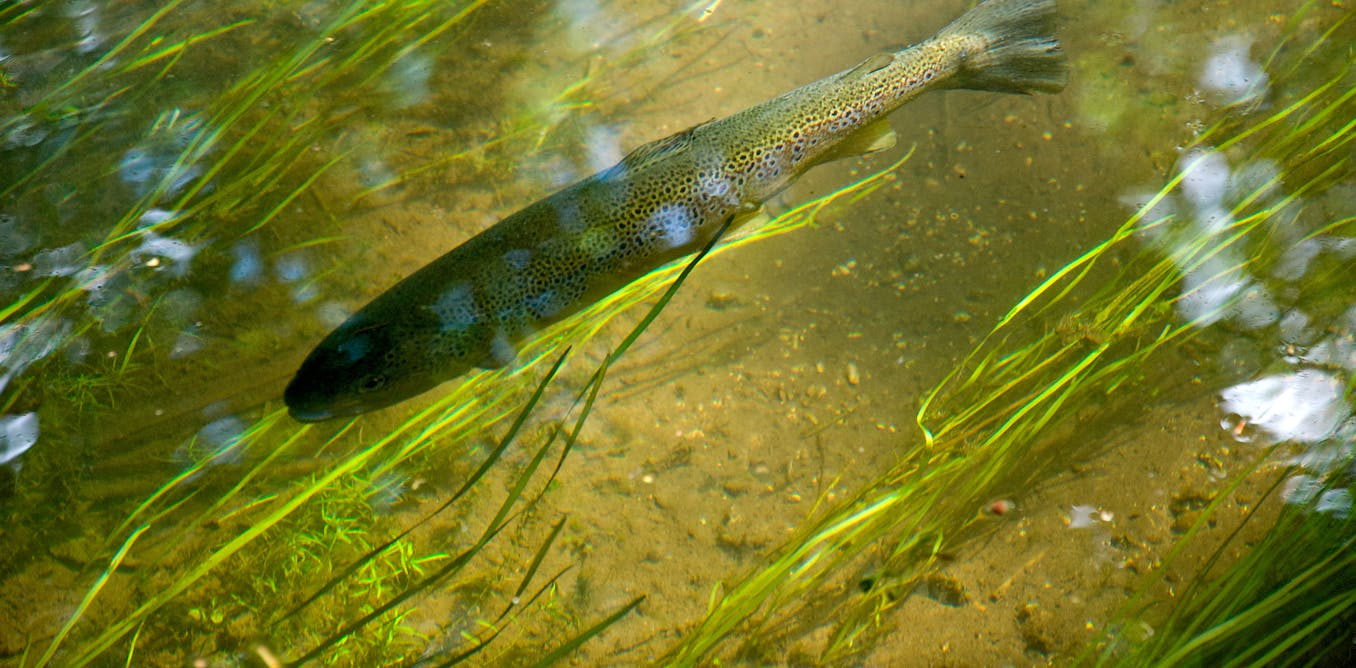What is seawater intrusion? A hydrogeologist explains the shifting balance between fresh and salt water at the coast
Saltwater intrusion is bad for human health, ecosystems, crops and infrastructure. Here’s how seawater can move inland, and why climate change is making this phenomenon more frequent and severe.
Oct. 11, 2023 • ~8 min

